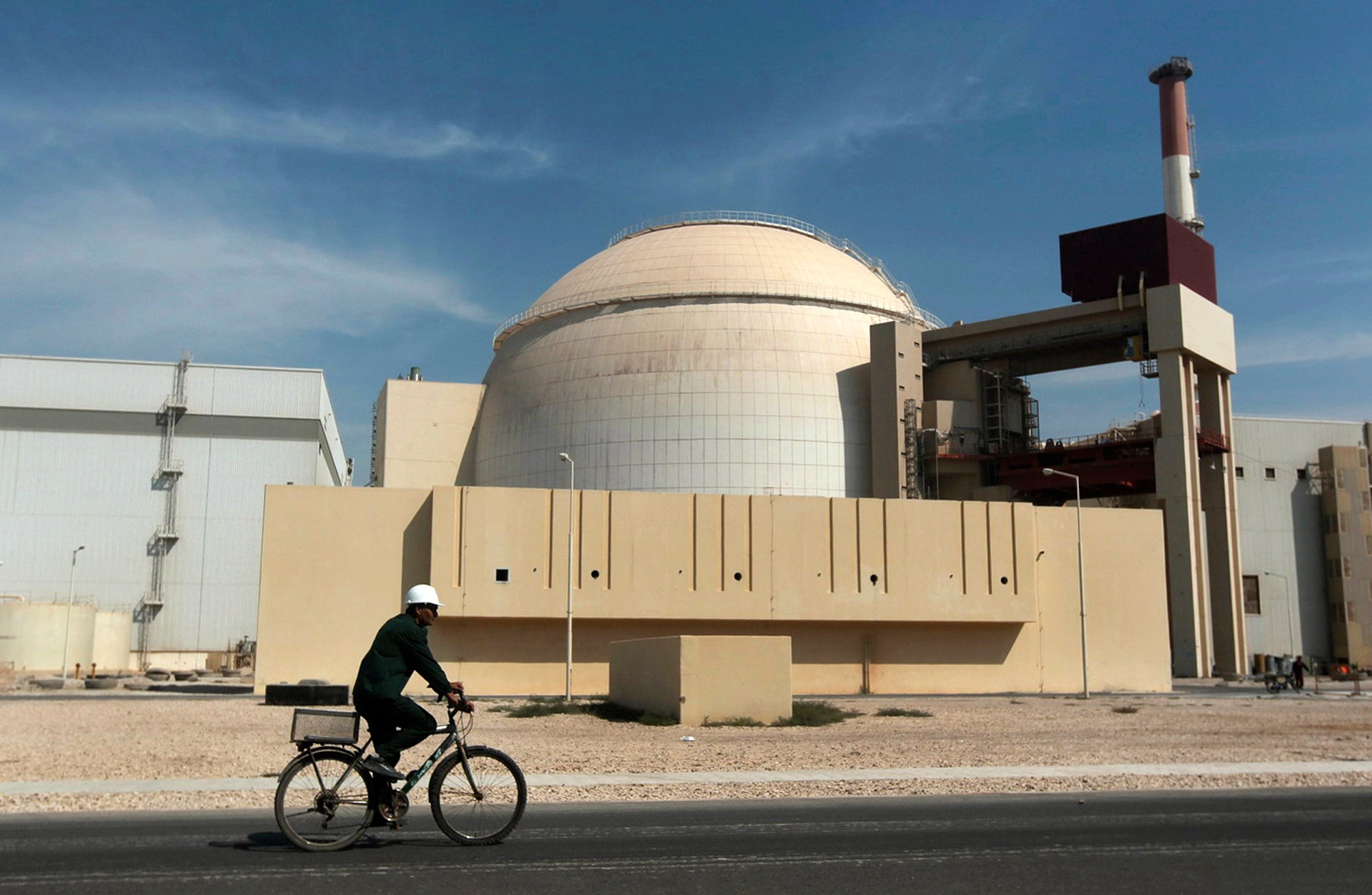Europeans express 'grave concern' over IAEA report on Iran
The foreign ministries of Germany, France and Britain have expressed “grave concern” over the latest report by the UN’s nuclear watchdog that said Iran continues to produce uranium metal, which can be used in the production of a nuclear bomb

Your support helps us to tell the story
From reproductive rights to climate change to Big Tech, The Independent is on the ground when the story is developing. Whether it's investigating the financials of Elon Musk's pro-Trump PAC or producing our latest documentary, 'The A Word', which shines a light on the American women fighting for reproductive rights, we know how important it is to parse out the facts from the messaging.
At such a critical moment in US history, we need reporters on the ground. Your donation allows us to keep sending journalists to speak to both sides of the story.
The Independent is trusted by Americans across the entire political spectrum. And unlike many other quality news outlets, we choose not to lock Americans out of our reporting and analysis with paywalls. We believe quality journalism should be available to everyone, paid for by those who can afford it.
Your support makes all the difference.The foreign ministries of Germany France and Britain on Thursday expressed “grave concern” over the latest report by the UN's nuclear watchdog that said Iran continues to produce uranium metal, which can be used in the production of a nuclear bomb.
The International Atomic Energy Agency in Vienna confirmed earlier this week that Iran has produced uranium metal enriched up to 20% for the first time, and has significantly increased its production capacity of uranium enriched up to 60%.
The production of uranium metal is prohibited by the 2015 nuclear deal known as the Joint Comprehensive Plan of Action or JCPOA, which promises Iran economic incentives in exchange for limits on its nuclear program, and is meant to prevent Tehran from developing a nuclear bomb.
Germany, France and Britain — the western European members of the JCPOA — called the moves by Iran “serious violations” of its commitment under the JCPOA. They said that “both are key steps in the development of a nuclear weapon and Iran has no credible civilian need for either measure.”
Iran insists it is not interested in developing a bomb, and that the uranium metal is for its civilian nuclear program.
“Our concerns are deepened by the fact that Iran has significantly limited IAEA access through withdrawing from JCPOA-agreed monitoring arrangements,” the joint statement added.
The U.S. unilaterally pulled out of the nuclear deal in 2018, with then-President Donald Trump saying it needed to be renegotiated.
Since then, Tehran has been steadily increasing its violations of the deal to put pressure on the other signatories to provide more incentives to Iran to offset crippling American sanctions re-imposed after the U.S. pullout.
The western Europeans, as well as Russia and China, have been working to try to preserve the accord.
U.S. President Joe Biden has said he is open to rejoining the pact, but that Iran needs to return to its restrictions, while Iran has insisted that the U.S. must drop all sanctions.
Months of talks have been held in Vienna with the remaining parties of the JCPOA shuttling between delegations from Iran and the U.S.
The last round of talks ended in June with no date set for their resumption.
Following the latest IAEA report on the increase in uranium metal production, U.S. State Department spokesman Ned Price said earlier this week that the move was “unconstructive and inconsistent with a return to mutual compliance.”
In Thursday's statement the three western European powers said that “Iran‘s activities are all the more troubling given the fact talks in Vienna have been interrupted upon Tehran’s request for two months now and that Iran has not yet committed to a date for their resumption.”
“While refusing to negotiate, Iran is instead establishing facts on the ground which make a return to the JCPOA more complicated,” the statement said.